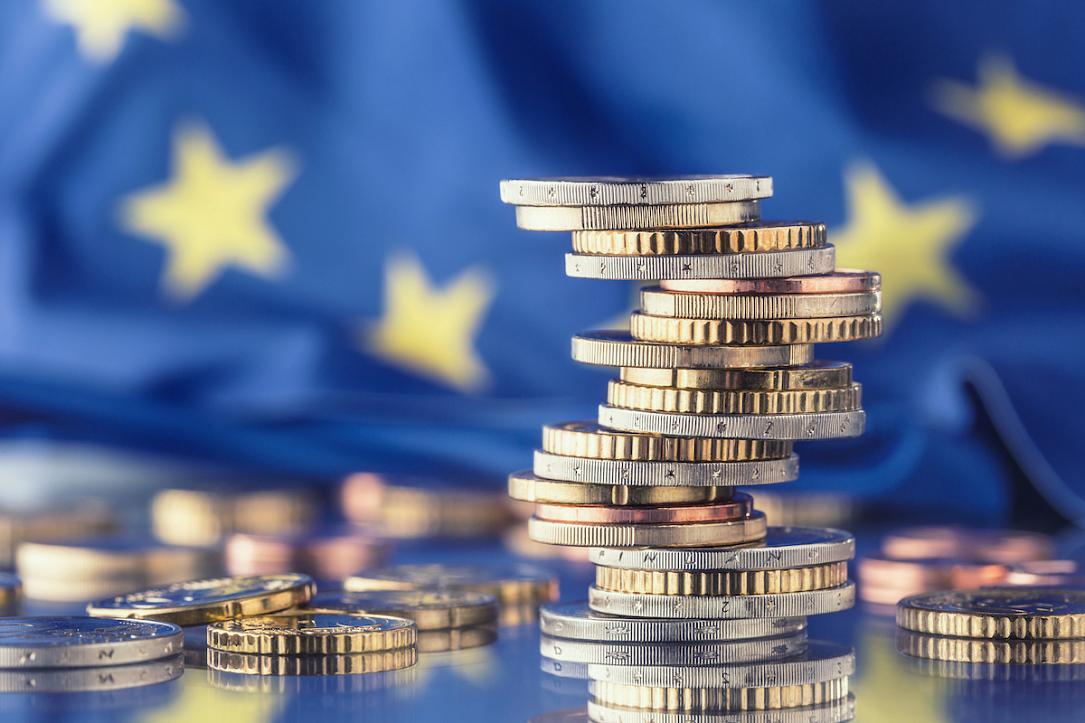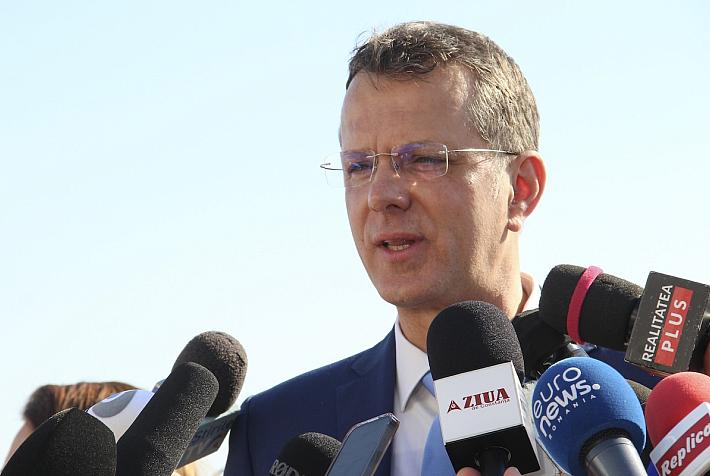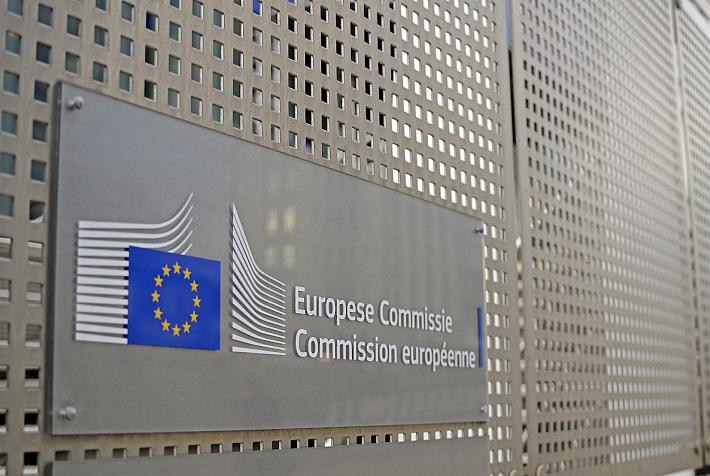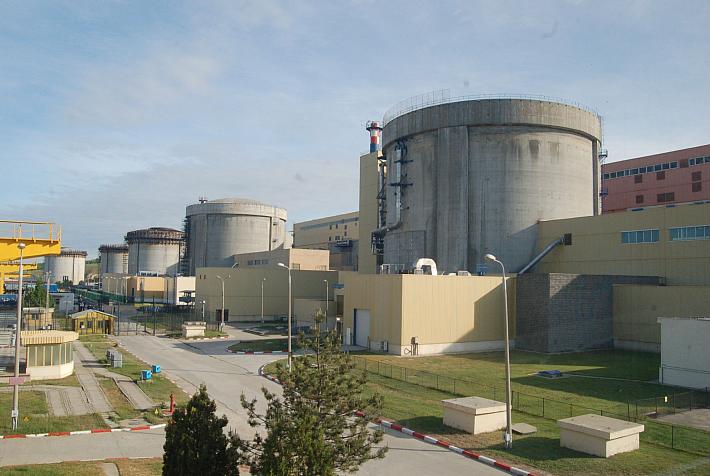Romania’s modified Resilience Plan greenlit by EU Council

Romania’s National Recovery and Resilience Plan, or PNRR, recently modified after negotiations between the government and EU bodies, has been positively evaluated during the Council of Ministers for Economic and Financial Affairs meeting, according to the Ministry of Investments and European Projects.
The ministry specifies that the Council of the European Union will issue a new implementing decision after approving Romania’s altered plan.
In its modified form, the Plan includes the REPowerEU chapter (Component 16) and an allocation of EUR 28.5 billion (EUR 14.9 billion in loans, EUR 13.6 billion in grants), covering 66 reforms and 111 investments. According to the ministry, through REPowerEU, Romania will benefit from additional non-reimbursable funds amounting to EUR 1.4 billion.
The REPowerEU chapter includes two new reforms and seven investments focusing on accelerating the production of green energy, increasing the energy efficiency of buildings, and retraining and improving the workforce in the field of green energy generation.
"The PNRR, in its new version, to which we added the REPowerEU chapter, strongly emphasizes the transition to sustainability and green energy. It is a significant step towards a natural future, stemming from the collective consciousness of Romanians who deeply understand the importance of sustainability and the necessity of change. With 66 reforms and 111 investments, we are closer to a more modern, cleaner Romania aligned with contemporary standards, bringing tangible changes towards a developed society adapted to new global challenges," said Adrian Câciu, minister of Investments and European Projects, cited by Economedia.
Romania's modified plan allocates 44.1% (compared to 41% in the initial plan) of available funds to measures supporting climate objectives. At the same time, the allocation of funds for the country's digital transition increased from 20.5% to 21.8%.
The revised plan also includes modifications that led to the reduction of the grant component allocation by EUR 2.11 billion. Additionally, adjustments due to increased construction material prices and supply chain interruptions are included.
(Photo source: Marian Vejcik | Dreamstime.com)












